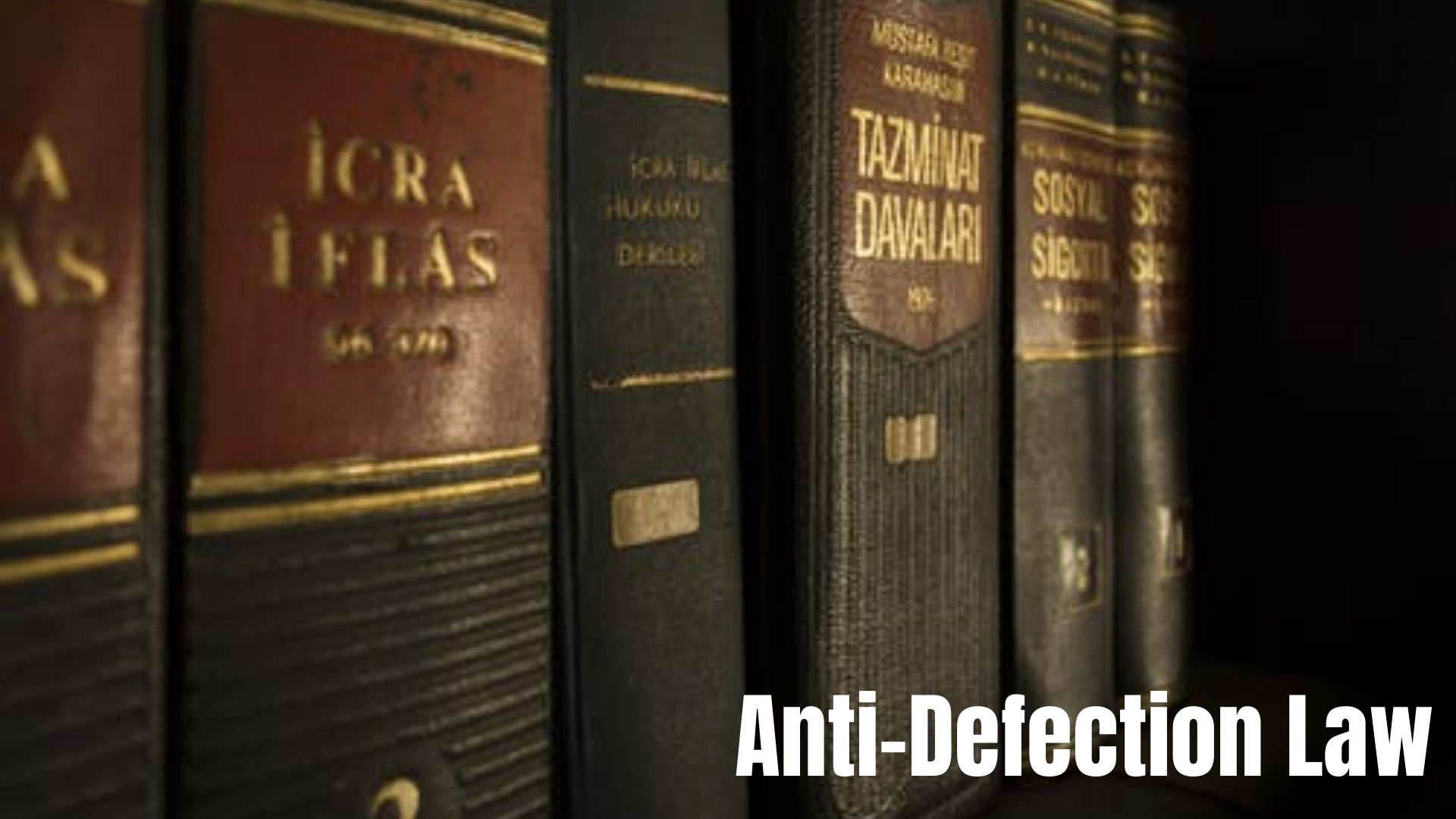
We often start hearing about the Tenth Schedule of the Constitution, when the elections are around the corner, or when the fall of a government is anticipated due to the loss of majority, but have you ever thought, what exactly is it all about? The anti-defection law in India, technically the Tenth Schedule to the Indian Constitution, disqualifies a member of parliament or a state legislator on the grounds of Defection.
Defection can be defined as “to abandon a position or association, often to join an opposing group”. In simple words, it basically talks about a situation when the member of a party abandons his loyalty towards his party and moves to the opposition party, thereby breaking the majority.
The anti-defection law enshrined through the introduction of the Tenth Schedule in the Constitution of India comprises 8 paragraphs. The following is a brief summary of the contents of the law:
Paragraph-1: Interpretation. This section handles the definitions of distinct terms applied in laying out the legislation.
Paragraph-2: Disqualification on grounds of defection. This section deals with the crux of the legislation, specifying factors on which a member could be disqualified from the Parliament or the State assembly. Provisions in para 2.1
(a) provide disqualification of a member if he or she “voluntarily gives up the membership of such political party”, whereas paragraph 2.1
(b) provisions, address a situation when a member votes or abstains from any crucial voting contrary to the directive circulated by his/her respective political party. Paragraph 2.2 states that any member, after being elected as a representative of a certain political party, shall be disqualified if he/she joins any other political party after the election. Paragraph 2.3 states that a nominated member shall be disqualified if he/she joins any political party after six months from the date he/she takes his seat.

Paragraph-3: Omitted after amending the schedule by the Ninety-first Amendment act – 2003, which exempted disqualifications arising out of splits with one-third of the members defecting from a political party.
Paragraph-4: Disqualification on ground of defection not to apply in case of merger. This paragraph excludes from disqualification in the case of mergers of political parties. Provided if the said merger is with two-thirds of the members of the legislative party who have consented to merge with another political party.
Paragraph-5: Exemption. This paragraph provides exemptions to the Speaker, Chairman and Deputy-Chairman of various legislative Houses.
Paragraph-6: Decision on questions as to disqualification on ground of defection. This provision mandates the Chairman or the Speaker of the respective legislative house to be the ultimate decision-making authority in case of any disqualification that arises.
Paragraph-7: Bar of jurisdiction of courts. This provision bars any court jurisdiction in case of disqualification of a member under this schedule. However, this schedule does not bar court intervention under articles 32, 226, and 137 of the Constitution of India.
Paragraph-8: Rules. This paragraph deals with framing the rules for disqualification. The schedule allows the Chairman and the Speaker to frame rules concerning their respective legislative houses to deal with the disqualification of members of their various houses of the legislature.
History
The Law came into existence after an incident that took place in 1967. That year, 16 states were undergoing elections. Congress lost its majority in 15 of those states and could make its government in just one. This set off a major defection process where some 142 Mps and over 1900 MLAs migrated their political parties between 1967 to 1971. Governments from many states, including Haryana collapsed. A Haryana MLA named Gaya Lal changed his party thrice in a day; this popularized the phrase “Aaya Ram, Gaya Ram”. This further led to the need of having an anti-defection law and after 17 years, the 52nd amendment of the Constitution in 1985 inserted the 10th schedule in the constitution with Provisions as to disqualification on ground of defection.

Leave a Reply